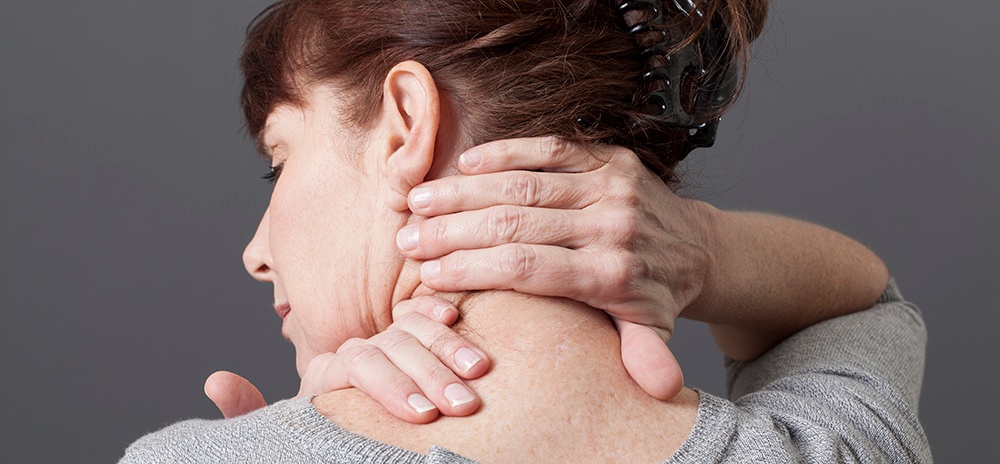Is Your Neck Size Putting You at Risk of Sleep Apnea?
When it comes Obstructive Sleep Apnea (OSA), size can matter – neck size, that is.
There are many factors that can put a person at risk of sleep apnea. Age can be a factor and while postmenopausal women have an increased likelihood of having sleep apnea[1], another telling sign that you may be at risk of the common sleep disorder is the size of your neck[2].
Do thicker necks make it harder to sleep?
A large neck might be a sign of strength and mass on the rugby field, but having a thick neck might not be a good thing when it comes to getting a good night’s rest.
If you’re a man with a neck size of 17 inches (43 centimeters) or more, or a woman with a neck size of 16 inches (40 centimeters) or more, you fall into this category and need to be aware of your increased chance of having sleep apnea. It should be noted that ethnicity is not an independent risk factor on neck circumference[3].
Obstructive Sleep Apnea, the most common type of sleep apnea, occurs when your throat relaxes while you sleep and your airway becomes partially or fully blocked. When this happens, you might snore or stop breathing for a few seconds or longer until your brain sends your body a wake-up signal, sometimes unknowingly, to start breathing again.
Why thicker necks are a sleep apnea risk factor
The reason why people with larger neck sizes are vulnerable to sleep apnea is because people with a thicker neck naturally have a narrower airway, which makes it difficult for the airflow to pass through. The air is forced to squeeze down the throat to their lungs, which is why you might make snoring or wheezing sounds while you sleep. If the airway is completely blocked, silence follows during an obstructive (or central) apnea event, followed by a strong gasping for air[4].
If you know that your neck is on the larger side, are you aware of whether you snore or not at night? If you wake up throughout the night and regularly experience interrupted sleep, the chances are you do. It might be a good idea to check with your spouse – if they haven’t complained to you already!








Comments